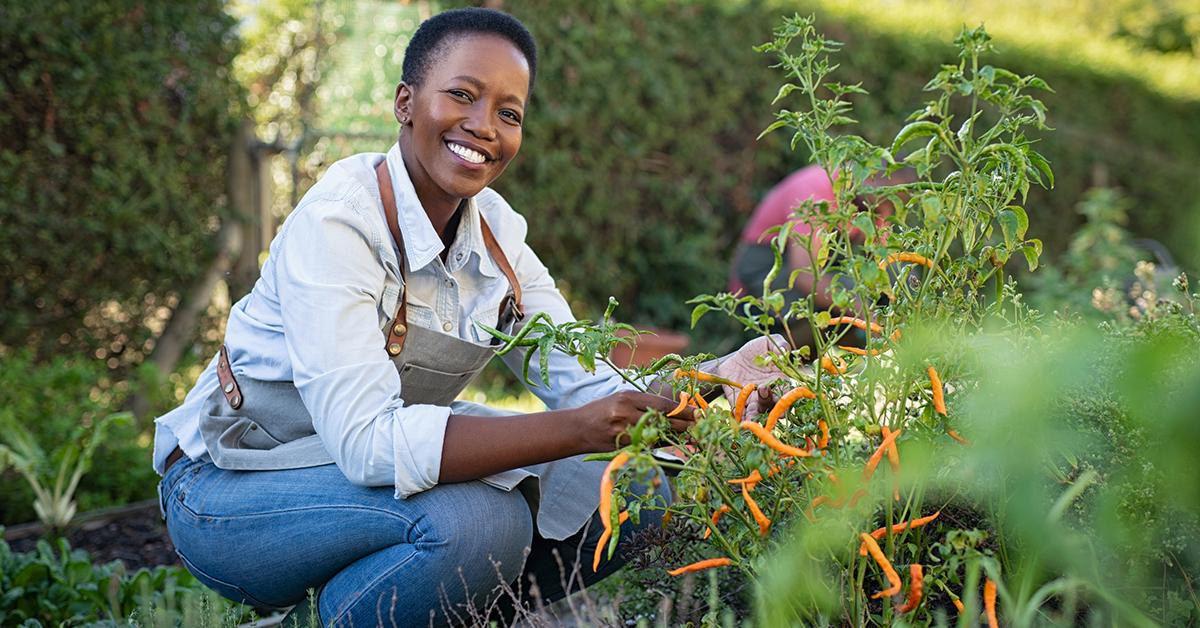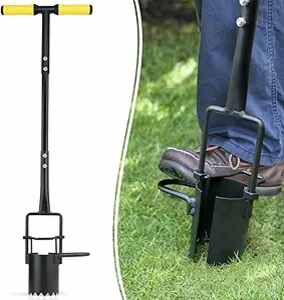Seasonal Gardening Tips: What to Plant and When for Ideal Outcomes
Seasonal Gardening Tips: What to Plant and When for Ideal Outcomes
Blog Article
Understanding the Different Sorts Of Horticulture and Exactly How They Add to a Healthier Lifestyle and Atmosphere

Advantages of Veggie Horticulture
Lots of individuals are increasingly recognizing the myriad advantages of vegetable gardening as an essential element of a healthier lifestyle. Taking part in vegetable gardening supplies many physical health benefits, consisting of enhanced exercise, which boosts cardio wellness and advertises overall fitness. The act of planting, weeding, and harvesting requires activity and can assist battle less active behaviors, contributing to weight monitoring and boosted muscular tissue tone.
Additionally, growing one's own veggies substantially enhances dietary quality. Homemade fruit and vegetables is commonly fresher and extra nutrient-dense compared to store-bought choices, as it can be eaten soon after harvest. This ease of access urges a better intake of vegetables and fruits, which are important for avoiding persistent illness.
In addition, vegetable horticulture promotes mental health by providing a healing electrical outlet for tension alleviation and relaxation. The act of tending to plants can be introspective, permitting people to link with nature and run away the stress of everyday life. The lasting practice of expanding one's very own food decreases reliance on commercial agriculture, contributing to ecological conservation and promoting biodiversity. Jointly, these advantages highlight the value of vegetable gardening as a keystone of a healthier way of living.
Exploring Blossom Gardening

Along with visual advantages, flower horticulture sustains regional environments. Numerous flowering plants draw in pollinators, such as bees and butterflies, which are essential for maintaining biodiversity. The existence of varied vegetation can likewise enhance soil health and wellness, as various plants add to vitamins and mineral biking and boost dirt framework.
Moreover, blossoms can play a significant role in advertising sustainable methods. Several garden enthusiasts select native or drought-resistant species, which need less water and minimal chemical inputs. This technique not only benefits the environment but additionally urges responsible horticulture habits.
Ultimately, blossom horticulture serves as an important component of a holistic horticulture strategy. Gardening. By cultivating elegance and supporting regional environments, it balances with vegetable horticulture and emphasizes the significance of supporting both our physical and psychological well-being through nature
Container Gardening Benefits
Container gardening offers numerous benefits that make it an enticing option for both newbie and knowledgeable garden enthusiasts. Among the primary benefits is its adaptability; containers can be positioned on outdoor patios, balconies, and even indoors, permitting horticulture precede with restricted ground accessibility. This versatility enables people in city environments or those with small backyards to cultivate plants properly.
In addition, container gardening offers improved control over dirt top quality and wetness levels. Gardeners can pick particular dirt mixes to optimize plant wellness and alleviate issues like weeds and pests. The movement of containers additionally enables easy moving to make the most of sunshine direct exposure or safeguard plants from stormy find more info weather condition.
Furthermore, container gardens can be cosmetically pleasing, supplying a chance for creative thinking in design. Gardening. They can act as decorative aspects that enhance exterior or indoor rooms while advertising biodiversity by attracting pollinators
Last but not least, container horticulture can add to a much healthier lifestyle by encouraging physical task, as it frequently involves lifting, great post to read growing, and keeping plants. Overall, the benefits of container gardening make it an accessible and gratifying practice for those looking for to improve their way of life and environment.
The Increase of Upright Gardening
As urban areas end up being increasingly crowded, the pattern of upright horticulture has removed, allowing individuals to maximize their gardening potential in limited areas. This cutting-edge method involves growing plants in upright frameworks, such as wall-mounted planters, trellises, or specialized vertical garden systems. The allure of vertical gardening exists not just in its efficient use of area however also in its aesthetic contribution to city atmospheres, changing bare wall surfaces into lush eco-friendly landscapes.
Vertical yards can be set up in homes, terraces, and neighborhood areas, giving a system for growing a range of plants, consisting of natural herbs, vegetables, and decorative blossoms. This approach motivates biodiversity and can boost air top quality by filtering system contaminants while advertising a connection to nature in largely booming areas. Furthermore, upright gardening offers sensible benefits, such as enhanced return per square foot, making it an attractive choice for city garden enthusiasts looking for to expand their very own food.
Lasting Practices in Gardening
Embracing sustainable techniques in horticulture is important for promoting ecological wellness and guaranteeing the stability of our natural deposits. Sustainable gardening techniques focus on lowering ecological impact, saving water, and cultivating biodiversity. By carrying out practices such as natural gardening, garden enthusiasts can minimize the use of artificial plant foods and pesticides, which can harm regional ecosystems.
Companion growing is one more reliable sustainable technique, where specific plants are expanded together to improve development and prevent bugs normally. Furthermore, using native plants in landscape design supports neighborhood wild animals and needs much less upkeep, as they are inherently adjusted to the local environment and dirt conditions.
Water preservation strategies, such as rainwater harvesting YOURURL.com and drip irrigation, aid to successfully handle water resources, therefore decreasing waste. Composting natural waste not only enhances the dirt yet likewise reduces land fill payments, promoting a circular economic situation.
Last but not least, practicing plant turning and cover chopping enhances dirt health and minimizes the risk of parasite invasions. By integrating these sustainable practices, garden enthusiasts can develop durable ecological communities that add to a much healthier lifestyle while securing the atmosphere for future generations.
Final Thought

Finally, the varied techniques of horticulture, consisting of veggie, blossom, container, and upright gardening, jointly advertise a healthier way of living and improve ecological sustainability. Each type provides distinctive advantages, from providing fresh fruit and vegetables and drawing in pollinators to optimizing minimal rooms and encouraging biodiversity. By cultivating sustainable practices, these horticulture comes close to not only add to individual well-being but also support wider ecological conservation efforts, eventually minimizing dependence on commercial farming and enhancing area resilience.
Report this page